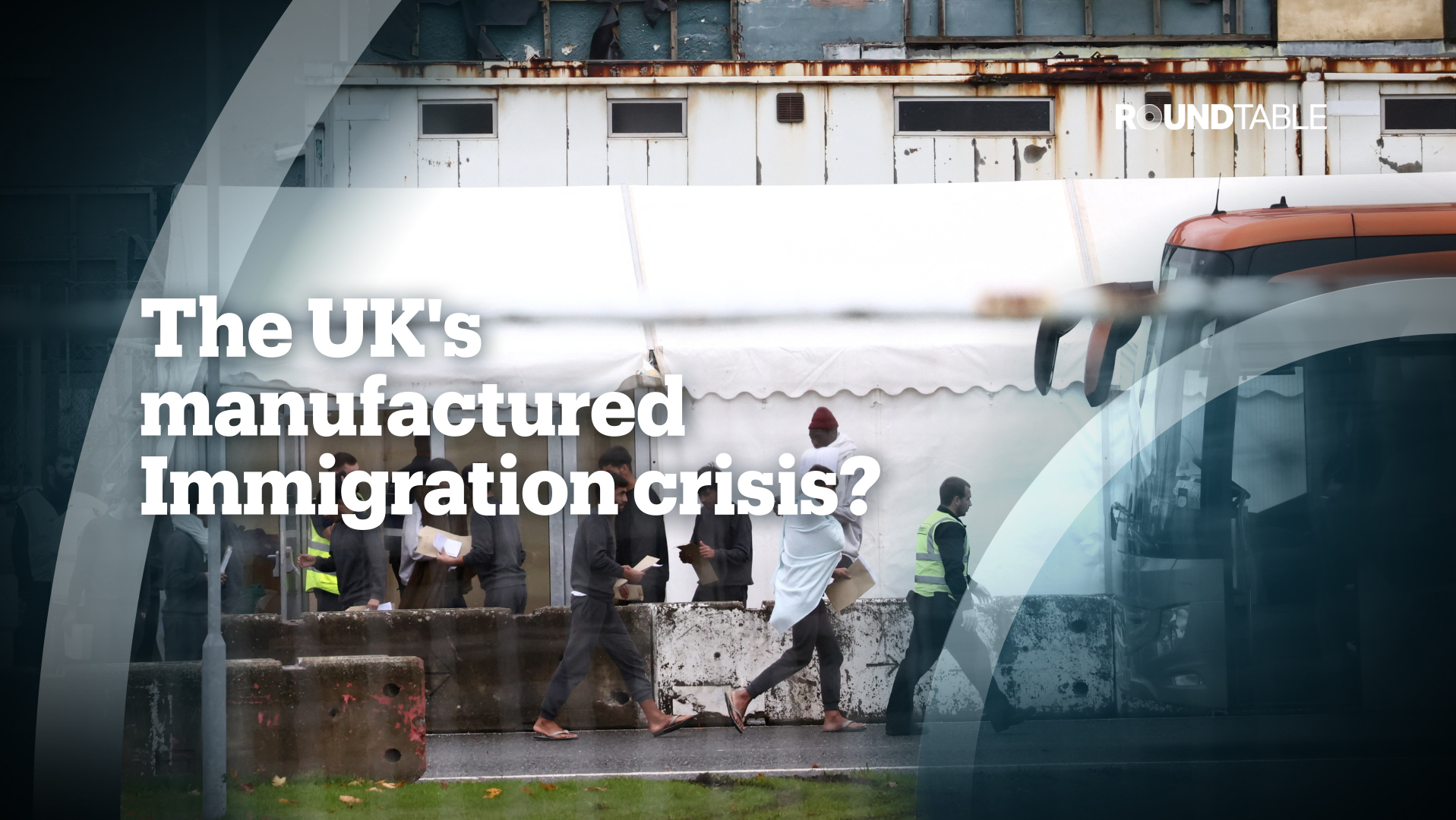The UK government has quietly expanded its controversial “deport first, appeal later” policy to include 23 additional countries, many of them allies or Commonwealth partners, marking a sharp escalation in its effort to fast-track the removal of foreign criminals.
The policy allows the Home Office to deport offenders before they have exhausted legal appeals, unless they can demonstrate that removal would result in serious harm.
Among the new countries are India, Australia, Canada, and several EU nations, jurisdictions previously excluded due to concerns over access to fair trials or human rights.
The policy has already been used for people from Tanzania, Finland, Estonia, Belize and four other countries.
The additional countries include European nations Latvia and Bulgaria, African countries Angola, Botswana, Kenya, Uganda and Zambia, Western allies Australia and Canada as well as India, Indonesia, Lebanon and Malaysia.

The interior ministry said the expansion of the pre-appeal deportation scheme will increase "the UK's ability to remove foreign criminals at the earliest opportunity".
It will also ease pressure on overcrowded prisons, it noted.
The ministry added that almost 5,200 convicted criminals with foreign passports had been removed since July 2024, claiming that represented a 14 percent year-on-year increase.
But critics warn that the approach risks exporting crime without consequence, as many deportees face no further punishment in their home countries.
Legal groups also say remote appeal hearings from overseas raise due process concerns.
Former justice secretary Alex Chalk expressed serious reservations, telling The Guardian: “I have real misgivings about this, and it could make people in Britain a magnet for crime from foreign national offenders.”
Chalk warned that the policy sends a dangerous message: “The real danger is you’re giving a green light to foreign national offenders. You come to Britain, you’re not going to get punished. You’re thinking: the worst that happens to me is I’m released immediately and put on a plane.”
Robert Buckland, another former justice secretary, echoed Chalk’s concerns, asking:
“Many victims of these crimes want justice to be served here first before deportation. Has the government taken the views of victims into consideration in all of this?”

The Ministry of Justice confirmed to The Guardian that foreign offenders deported under the expanded scheme would not necessarily face prison sentences in their home countries.
The step comes as Prime Minister Keir Starmer's centre-left Labour government faces intense domestic pressure over immigration, as Nigel Farage's far-right Reform UK party surges in polls.
Farage, a longtime critic of immigration, has made the issue central to his party's messaging, alongside a focus on crime.
Starmer's government, which has slumped in popularity since taking power a year ago, has made a flurry of announcements on both policy areas in an apparent bid to counter Reform's appeal.



















